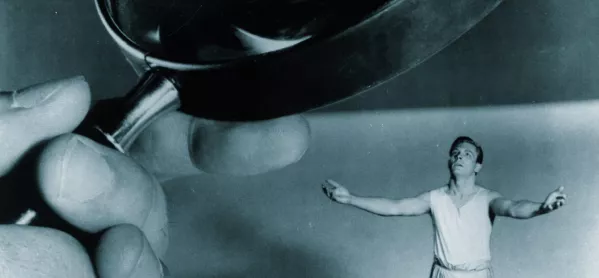When I see current teachers teach, I nearly always find myself full of admiration; the preparation they put into the lesson, and the skill that they deploy, is beyond anything I produced in my pomp.
And yet. when talking through the lesson afterwards, teachers often show surprise when they are told how well they have taught.
After years of observations, I always focus on the positives observed and yet all too often the teacher focuses on the few negative things you say. This can disproportionately consume the individual.
Why is this?
Why has the self-confidence that is essential for teaching been driven out of too many of our teachers?
The blame for this must lie squarely with the accountability system, which drives poor behaviour among senior staff, neuroses and bad man-management.
Another reason is the constant demand for teachers to change their classroom practice. Life moves considerably faster in 2019 than when I was a classroom teacher, and I reckon running to catch up must do a lot of damage to self-confidence.
Rebuilding teachers’ confidence
Of course, school leaders must drive their staff on, to adopt new practices and commit to self-improvement. But not by belittling them and undermining them.
And then there is the constant stream of criticism aimed at schools and teachers: too often this comes from those who have never actually worked at the chalkface.
The truth is that too often teachers feel it is up to others to build their confidence. Sadly, however, many will be waiting a very long time in many modern schools.
Instead, it is perhaps better to recognise that while you may be far from the perfection others seem to demand in you, you are working hard, you’re probably pretty good at your job and you’re probably committed to an element of self-improvement.
Once you’ve taken all that on board, the journey to becoming an even better teacher can be joyful.
Colin Harris led a school in a deprived area of Portsmouth for more than two decades. His last two Ofsted reports were ‘outstanding’ across all categories
To read more of his articles, visit his back catalogue





